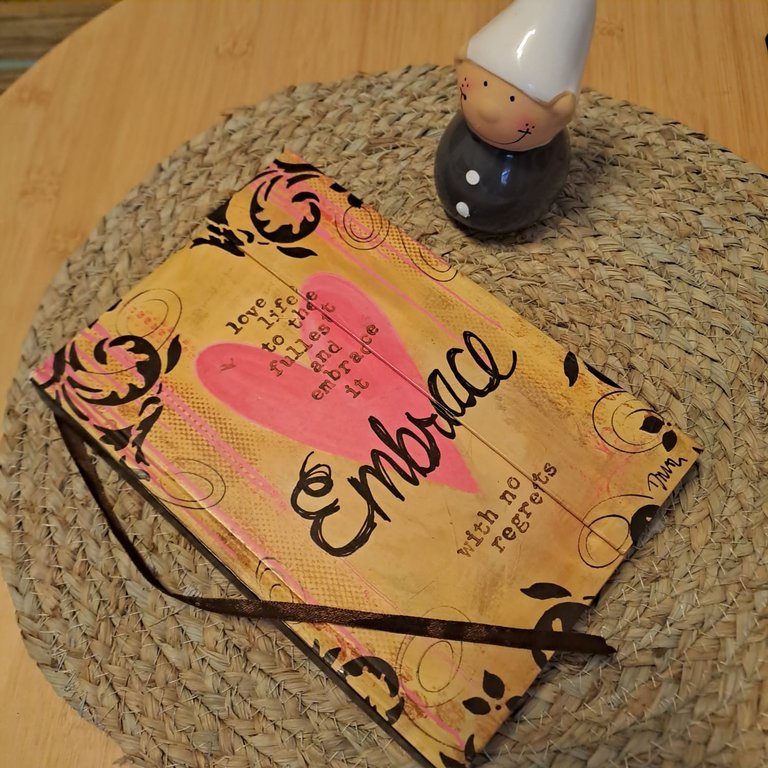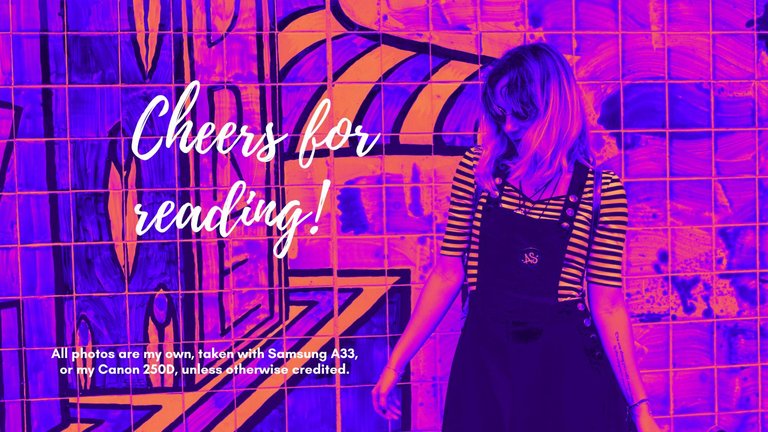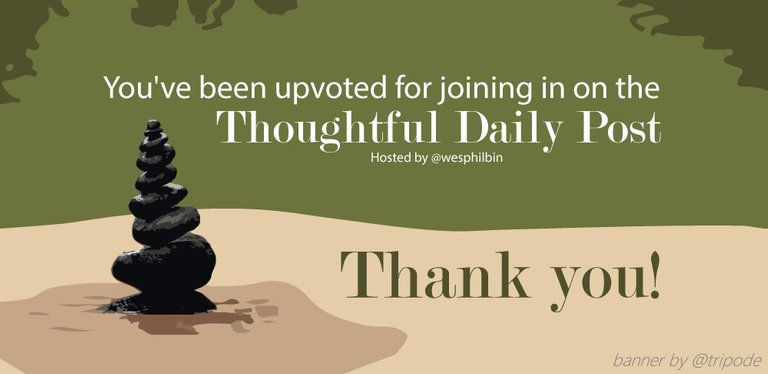We spend long chunks of time wondering about the future and worrying about the robots taking over, about how life will change, about not being able to handle it (which is our main concern, really). Except so much of ourselves has been outsourced and delegated to machinery already, it seems like a superfluous concern. As Elon Musk very rightly pointed out, "we're cyborgs already".
I've been changing tech in my life lately. First, my laptop, now my beloved Kindle. And though tech has come a long way in ensuring a seamless transition from one device to another, there's still that twinge of panic, that moment where you're forced to wonder - who am I outside of my devices?

When I thought my old laptop was dying, I was in a terrible rush to make sure I'd preserved all the passwords and keys I need to be a denizen of the World Wide Web, and it was no routine operation. It created this generalized sense of panic - barred access from the Internet places I frequent, who am I, and am I even somebody at all?
It may strike you as needless dramatics, except how many of us feel securely and firmly rooted in their "real" world to be able to do without their digital identity? I reckon it's fewer people than one might expect. Even those among us who still lead fairly offline lives have been touched in some way or another by this new digital world, which might make losing all access terrifying, or at least deeply disconcerting.
The fact is, as with this surge in AI, that much as we might strive to avoid or fight it, we've been caught in the dawning of an altered reality. The next chapter in the story of humanity, and there's little we can do about it, especially now that we've eaten from the proverbial tree.
It was interesting to me to realize how little I knew about my online, digital self. How heavily I rely on the machines around me to know how to access places, what my preferences are, how to get me from here to there in the digital ether.
In changing my Kindle, I wasn't so much worried about accounts or such and I was quite content to discover that it transfered my library automatically. But it didn't transfer my clippings, which is the special file where Kindle remembers every quote, fragment, note or interesting bit from every book that you ever liked.
It devalued the new one, in a sense, in that it didn't know me, and in not knowing me, we were simply two strangers. Granted, only one of us was flesh and bone, but the sentiment was just as real as interacting with an unknown person for the first time. It also struck me how little I remembered the things I liked, scrolling through my clippings folder on my old device. As a girl, I used to write out poems and fragments from books and movies by hand in a lovely little journal I had. It seemed to make them real somehow. Over time, though, I made the transition to digital memory-making, as was the case with photos and every other way in which we think and remember.

I knew I was looking for a specific quote that I'd saved, and the quote itself I remembered, but in scrolling, I found myself confronted with so many other aspects of my self, quotes and entire paragraphs I'd singled out and didn't remember doing so, where perhaps once I might have. Perhaps if I'd written them out by hand in my little book, they would've stuck with me more, but alas, that is no longer the way of our world.
It's not all bad. Presumably, it's a way of leaving space inside our brains for other things... like what? I keep wondering, but I haven't yet come up with an answer. There's so much we've delegated, outsourced to our ever-accompanying devices, things we are now free of having to remember. Which begs the question... what are we remembering in their stead? Or are we slowly downgrading, and with enough outsourcing, we'll forget remembering altogether?
Who knows. Only time will tell. Meanwhile, I found my quote. Meanwhile, I'm still waging small, shallow battled with 'the robots'. Meanwhile. But for how long?








 Wes & Grindan
Wes & Grindan